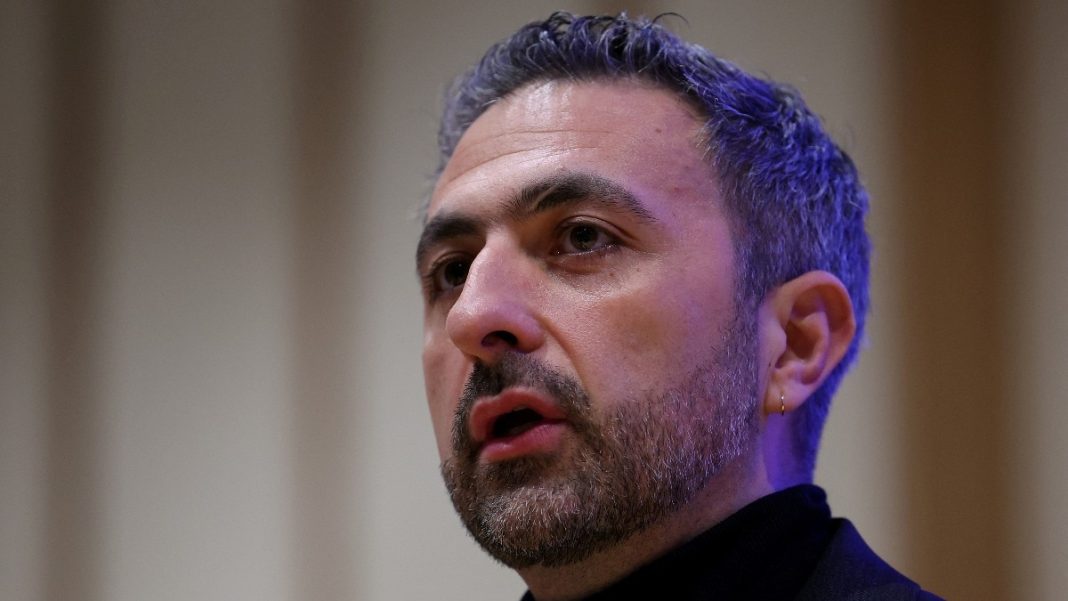Microsoft AI Chief Warns: Be Afraid of AI Losing Control
Microsoft’s AI CEO Mustafa Suleyman has issued a stark warning about artificial intelligence, stating that people should be both amazed and afraid of the technology’s capabilities. He emphasized that humanity risks a worse future if we lose control of superintelligent AI systems.
Key Takeaways
- Microsoft AI chief says those not afraid of AI “don’t really understand it”
- Warns world will get worse if humans lose control of superintelligence
- AI already reshaping workplaces with companies hiring fewer entry-level workers
- Tech giants continue massive AI investments despite concerns
The Dual Nature of AI
In a series of posts on X (formerly Twitter), Suleyman presented a balanced but concerning perspective. “If you’re not amazed by AI, you don’t really understand it. If you’re not afraid of AI, you don’t really understand it,” he wrote.
The Microsoft executive acknowledged AI’s amazing potential while stressing the importance of healthy fear regarding its capabilities.
The AGI Race and Control Concerns
Tech companies including Microsoft, Google, and OpenAI are investing billions in the race toward artificial general intelligence (AGI) – when AI can think like humans. Microsoft recently updated its agreement with OpenAI for when their AI models reach AGI.
However, Suleyman cautioned that developing superintelligence shouldn’t be pursued just for the sake of technological advancement. In another X post, he stated: “It’s [superintelligence] got to be for humanity’s sake, for a future we actually want to live in. It’s not going to be a better world if we lose control of it.”
Current Workplace Impact
AI is already transforming employment landscapes. Major companies including Microsoft have laid off thousands of employees while preparing for increased AI integration. According to a McKinsey report, 30% of companies are now planning to hire fewer entry-level workers.
Despite these workforce changes, tech giants continue heavy AI investment. Microsoft plans to double its data centre capacity within the next two years to support expanding AI infrastructure.






